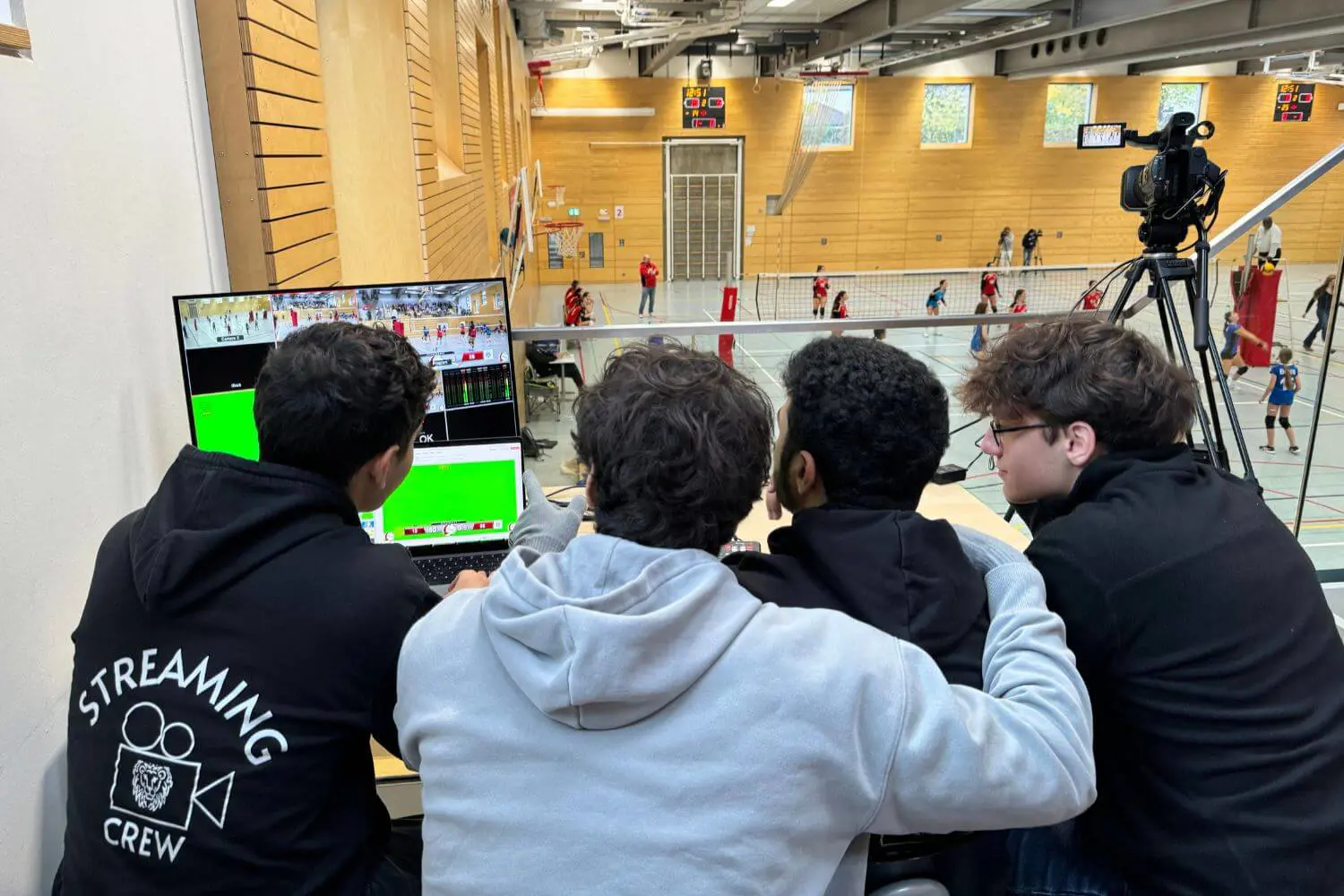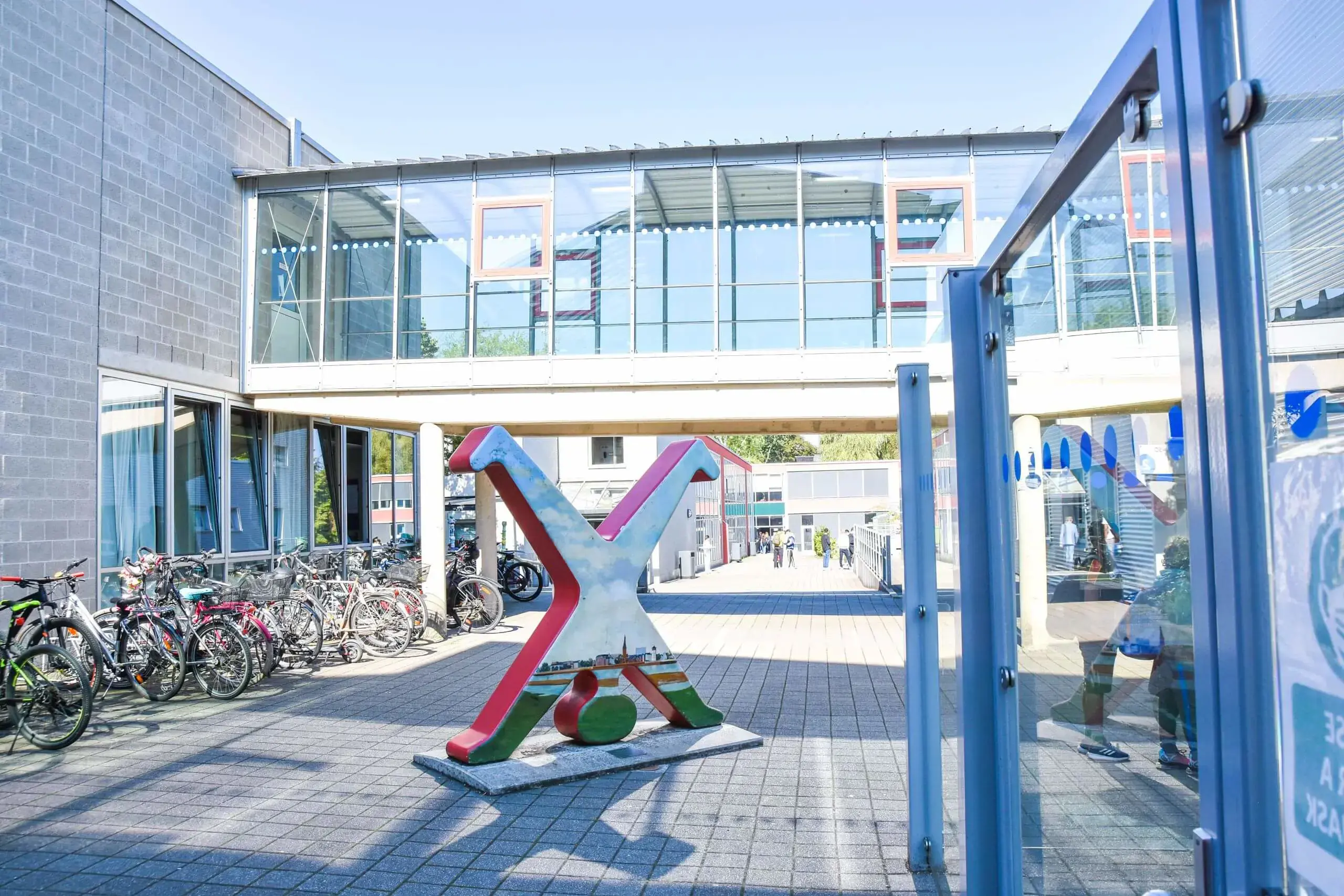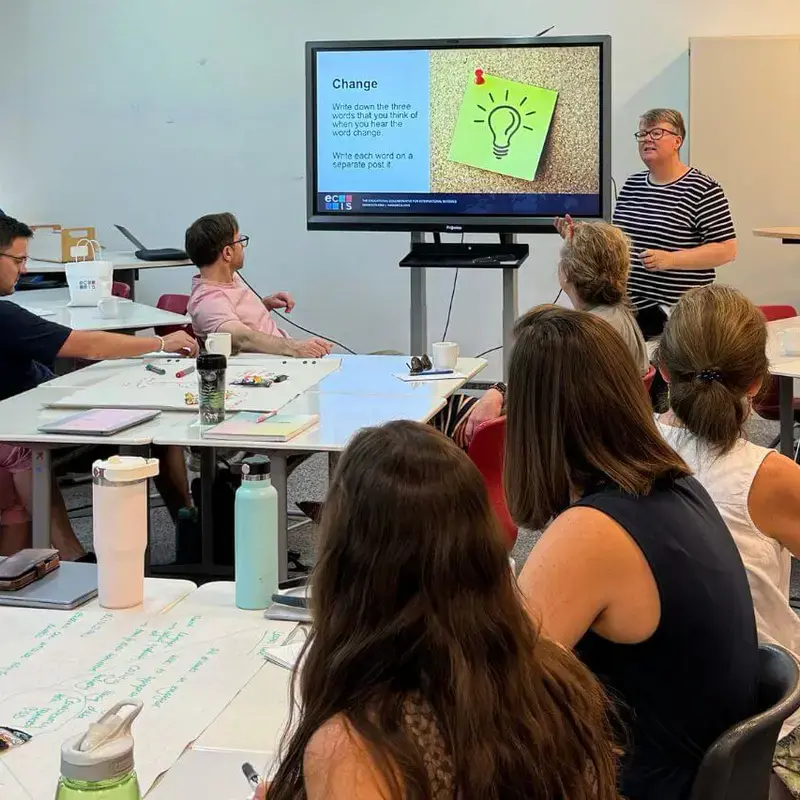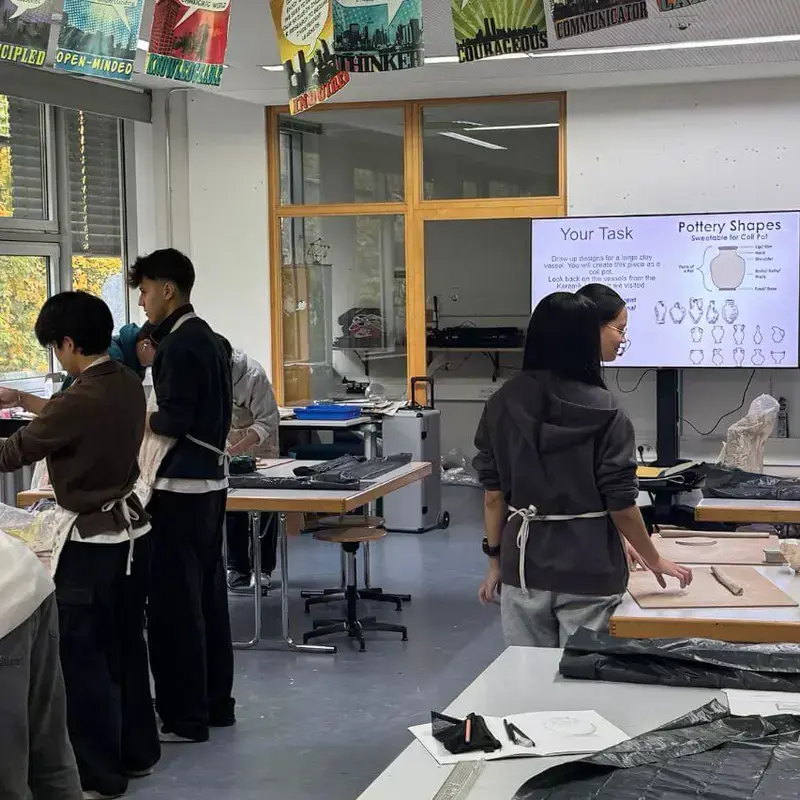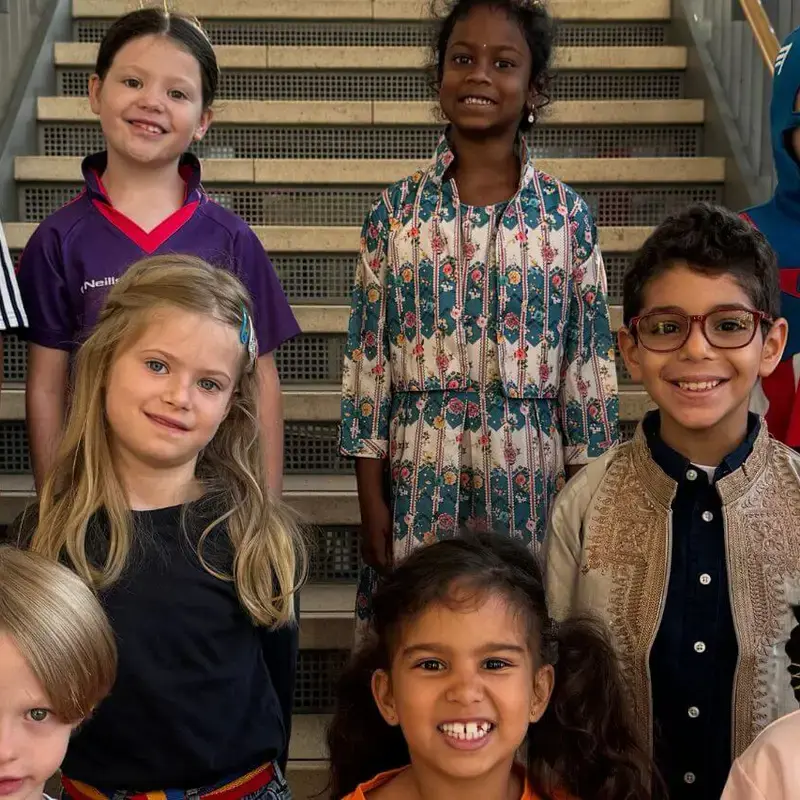Career & Higher Education Planning
The International School of Dusseldorf Counselling Department offers many different kinds of support for students and parents. From personal matters to career exploration and higher education admissions, our counselling team provides students and parents with comprehensive support at all grade levels. We are glad you stopped by the Counselling Department website to learn more about us, who we are, and how we work with ISD students and parents.
